As an SLP, I’ve noticed that ABA professionals often have their own language and terminology. Don’t get me wrong - as SLPs we do this too (and so does every profession), but as a related service professional serving many students who also have ABA, it’s been important for me to learn new terminology. Although it seemed confusing at first, I’ve found knowing this terminology has helped me communicate with ABA professionals and understand what my students are working on.
Basic Terms
Before we get started, it’s important to define ABA and some of the terminology you’ll see in therapist’s titles. Full disclosure, before writing this I had to consult a friend who is a BCBA because I wanted to make sure to get it right (I hadn’t understood it correctly - it’s important to be real here).
Applied Behavioral Analysis (ABA) - a scientific, research-based way to teach behavior change
Board Certified Behavior Analyst (BCBA) - A BCBA must have a graduate degree and practical experience in this area including supervised treatment hours, and pass a BCBA exam.
Board Certified Associate Behavior Analyst (BcABA) - must have a bachelor's degree (can be in any area), be supervised by a BCBA, and pass a BcABA exam.
Registered Behavior Technician (RBT) - Must have high school diploma and pass an RBT exam
A behavior analyst or behavior specialist doesn’t necessarily have any special training. The board certification is very rigorous, and so take note when people are board certified.
Therapy Terms
Chaining - Chaining is a way to teach a series of skills by breaking them down into their component parts. For example, when teaching a child how to wash their hands, we may start by practicing drying hands with a paper towel and throwing it away or using a cloth towel at home and making sure it stays in its place. Over time, we can “add more links to the chain” so that a student can do the entire task and all the component steps.
Discrete Trials Training (DTT) - A specific action (i.e. “stand up” or “clap hands”) is taught through repetition. For DTT, there is a specific response or action expected from the child (i.e. an action, pointing to a specific picture).
Intraverbal - answering a question (“what did you have for breakfast?”), or completing a phrase “twinkle, twinkle, little _________”).
Mand - when a child asks for (demands) what they need; or requesting
Tact - labeling an item; for example a bar is presented and a child says “ball”
Pairing - developing rapport with a student on an ongoing basis
Collaborating With ABA Professionals
As you move forward, I hope this blog post helps you understand the level of expertise and job descriptions of various ABA professionals, as well as some common terminology they may use. I’m guessing that you already use chaining to teach complex skills (even if you don’t use the term), and as SLPs we often work on requesting (manding), tacting (labeling items), and we realize that without building rapport (pairing), our students won’t truly show us what they know.
If you want more information, ABA Speech is a blog with a BCBA/SLP named Rose Griffin, and it’s a great place to get helpful information on these topics.


